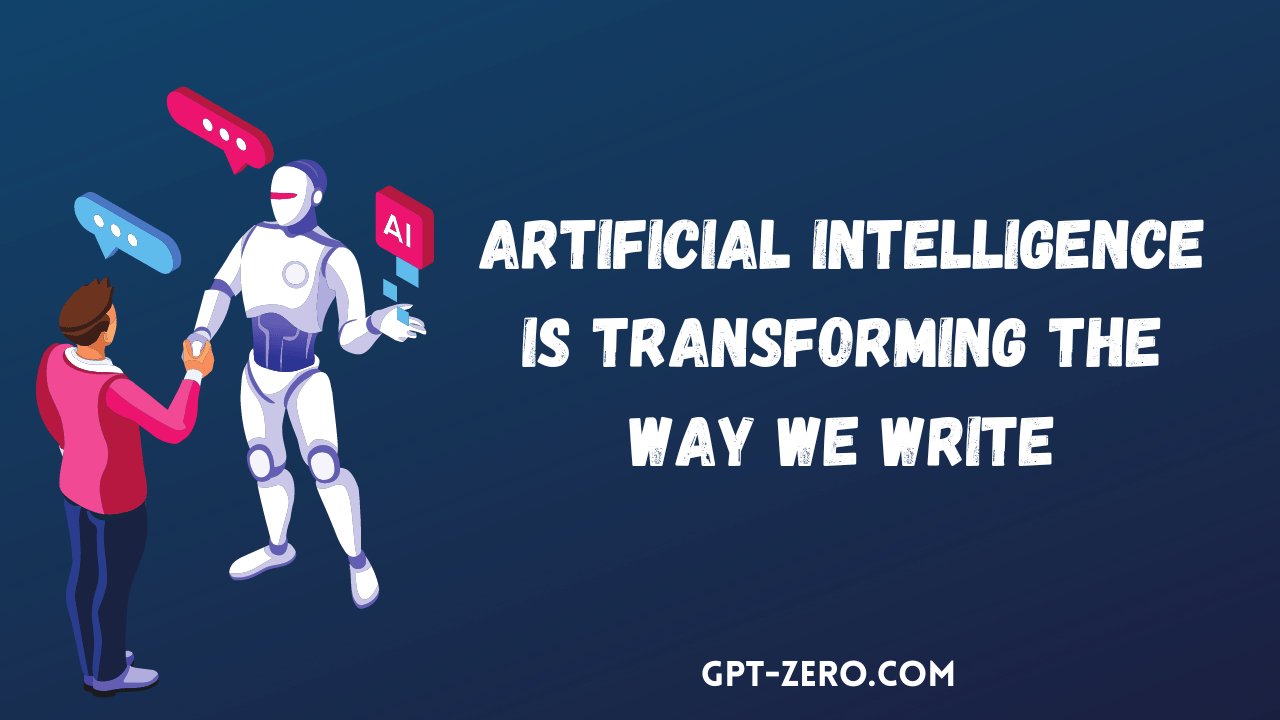In recent years, artificial intelligence (AI) has made significant strides in transforming the way we live, work, and communicate. One area where AI has shown tremendous potential is in the field of content writing. AI content writers have become increasingly popular, and their ability to write high-quality, SEO-optimized, and engaging content is remarkable. In this article, we will explore the evolution of AI content writers, their capabilities, and their impact on the writing industry.
What is AI Content Writing?
AI content writing involves the use of machine learning algorithms to create written content, which is optimized for search engines, and intended to engage and inform readers. These algorithms can analyze large amounts of data, such as web pages, social media posts, and online forums, to identify patterns and trends in user behavior. Based on this analysis, the algorithms generate content that is tailored to the specific needs and interests of the target audience.
The Early Days of AI Content Writing
The earliest AI content writers were basic programs that could generate simple text based on a set of predefined rules. These programs were limited in their capabilities and could only produce rudimentary content that lacked the nuance and complexity of human writing. However, as the technology behind AI content writing evolved, these programs became more sophisticated, and their capabilities expanded.
The Emergence of Natural Language Processing
The emergence of natural language processing (NLP) marked a significant milestone in the evolution of AI content writing. NLP algorithms enable machines to understand human language, including idioms, slang, and other forms of language that are not typically used in formal writing. This breakthrough technology enabled AI content writers to generate content that was more engaging and conversational, similar to the way humans write.
The Advancements in Machine Learning
Advancements in machine learning have also contributed significantly to the evolution of AI content writing. Machine learning algorithms can analyze vast amounts of data to identify patterns and trends in user behavior, which can then be used to generate highly targeted and personalized content. This technology has enabled AI content writers to produce content that is more relevant and valuable to their target audience.
The Impact of AI Content Writing on the Writing Industry
The impact of AI content writing on the writing industry has been significant. AI content writers have the potential to generate high-quality, SEO-optimized, and engaging content at a much faster pace than human writers. This efficiency has led to increased productivity and reduced costs for businesses that rely on content marketing to reach their target audience. However, the rise of AI content writers has also raised concerns about the future of human writers and the impact of automation on the job market.
The Future of AI Content Writing
The future of AI content writing is promising, with advancements in machine learning and NLP expected to continue to drive innovation in this field. However, there are still significant challenges that need to be addressed, such as improving the accuracy and relevance of AI-generated content and addressing concerns about the impact of automation on the job market.
In conclusion, AI content writing has come a long way since its early days, and the technology behind it continues to evolve rapidly. AI content writers have the potential to transform the way we write and communicate, but they also raise important questions about the role of humans in the writing industry. As with any new technology, it is essential to consider both the benefits and the potential risks associated with AI content writing.
